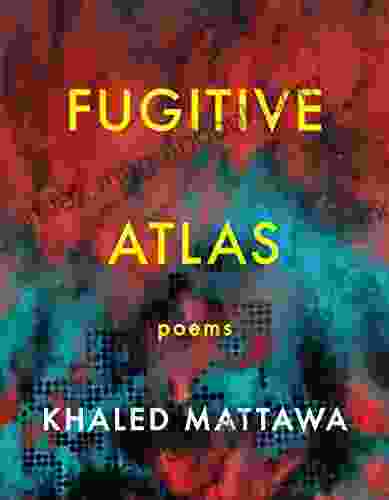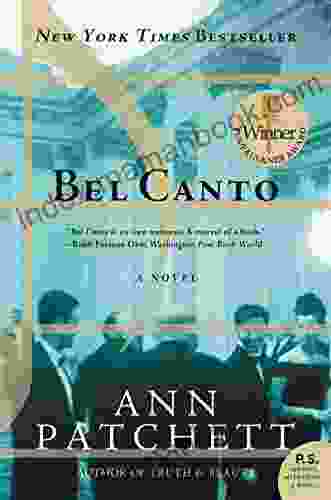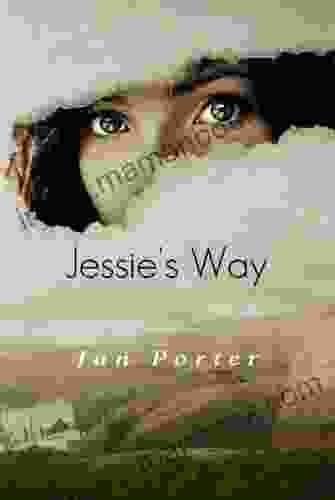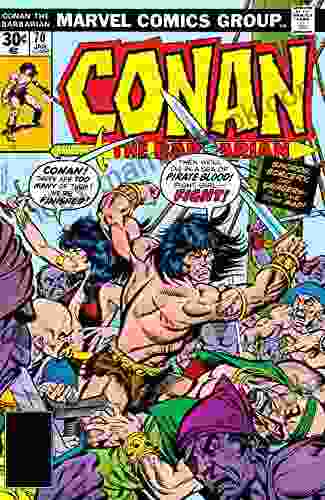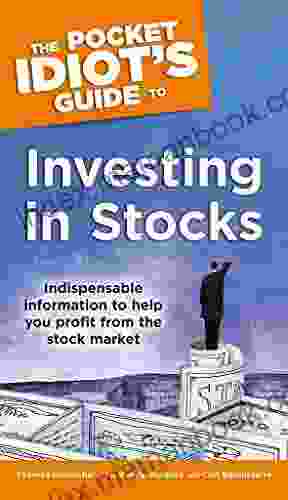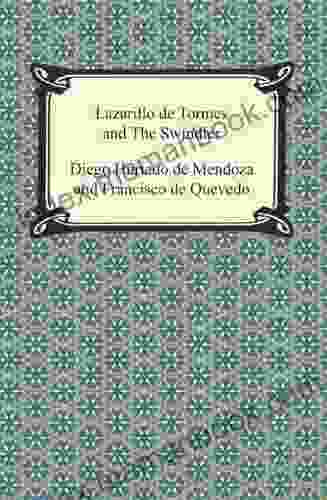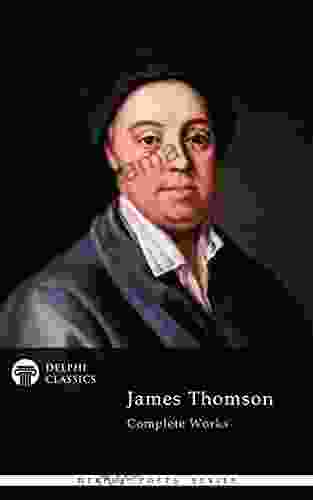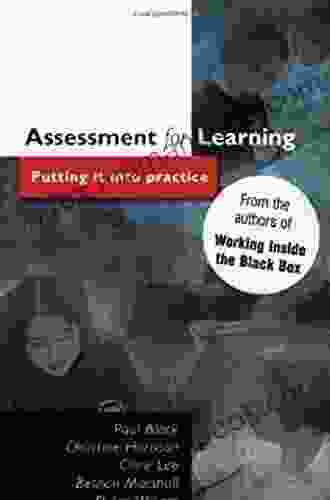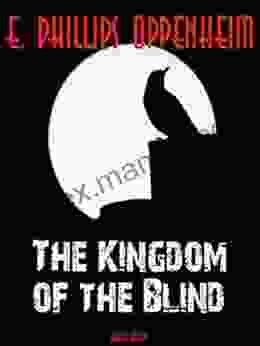In his acclaimed collection of poems, Fugitive Atlas, Khaled Mattawa skillfully navigates the complexities of exile, displacement, and the search for cultural identity. Born in Libya and based in the United States, Mattawa draws upon his personal experiences and the experiences of others to craft poignant verse that explores the yearning for home, the loss of connection, and the resilience of the human spirit.
4.7 out of 5
| Language | : | English |
| File size | : | 11356 KB |
| Text-to-Speech | : | Enabled |
| Screen Reader | : | Supported |
| Enhanced typesetting | : | Enabled |
| Print length | : | 207 pages |
Themes of Exile and Displacement
Exile looms large in Fugitive Atlas as a physical, emotional, and psychological state. The poems capture the sense of displacement, rootlessness, and alienation often associated with exile. In "My Grandmother's Village," Mattawa writes:
I return to another village, this one reborn in my mind. Its clay houses overrun with weeds, the well no longer drawing water
The imagery of the overgrown village and the dry well evokes a sense of loss and abandonment, mirroring the poet's experience of exile. The speaker's return to the village in his memory highlights the gap between the present and the past, between the familiar and the foreign.
Imagery and Symbolism
Mattawa employs vivid imagery and evocative symbolism to convey the multifaceted nature of exile. In "Refuge in the Desert," the desert becomes a metaphor for both the desolate landscape of exile and the resilience of the human spirit:
The desert's beauty is in its desolation and its solitude, in its vastness and silence, in its harshness
The "desolation" and "silence" of the desert parallel the barrenness and alienation of exile, yet the "vastness" and "harshness" suggest a potential for growth and adaptability. The desert, in its unforgiving nature, becomes a testament to the human capacity for survival and renewal.
Personal Narratives and Anecdotes
Mattawa interweaves personal narratives and anecdotes into his poems, adding a depth and relatability to the themes he explores. In "Ode to My Father's Hands," he recounts his father's experiences as an immigrant in the United States:
His hands, cracked and worn, bear witness to a life of hard work in a strange land, his sacrifice for us, his children, his country
These personal anecdotes humanize the broader themes of exile and displacement, allowing readers to connect with the individual experiences that shape the collective narrative. Mattawa's poems give voice to the struggles, hopes, and dreams of those who have uprooted themselves and are navigating new worlds.
Cultural Identity and Hybridity
Fugitive Atlas delves into the complexities of cultural identity and the hybridity that often arises from exile. The poems explore the ways in which individuals negotiate their multiple identities and their connections to different cultures:
I am an atlas of lost maps, a fugitive from the borders that once defined me, a citizen of nowhere and everywhere
The speaker in "Fugitive Atlas" embodies the fluidity and ambiguity of cultural identity. He is a "fugitive" from the traditional categories that define belonging, a "citizen of nowhere and everywhere." Mattawa's poems challenge the notion of a singular, fixed identity, embracing the richness and complexity of being shaped by multiple cultures.
Memory and the Reconstruction of Home
Exile often involves a profound loss of home, but Fugitive Atlas suggests that home can be reconstructed through the power of memory. In "Remembering My Father," Mattawa writes:
I remember his laugh, the smell of coffee in the morning, the sound of Arabic music drifting from the radio
Through these sensory details, the poet recreates fragments of his father's life and his own childhood home. Memory becomes a way to resist the erasure of the past and to preserve a sense of belonging amidst displacement. By recalling the sights, sounds, and smells of home, Mattawa constructs a sanctuary in his mind, a place where he can find solace and connection.
Poetic Form and Language
Mattawa's poems are notable for their lyrical beauty and experimental form. He employs a variety of poetic techniques, including free verse, prose poetry, and the incorporation of Arabic phrases and imagery. This diversity of form reflects the fragmented and hybrid nature of the experiences he explores.
His language is evocative and precise, using vivid metaphors and unexpected juxtapositions to create a rich tapestry of imagery. In "The Lost Provinces," he writes:
My homeland is a constellation of lost provinces, each a star swallowed by the night
The metaphor of a "constellation of lost provinces" captures the fragmentation and displacement of exile, with each star representing a part of the speaker's homeland that has been lost or obscured. Mattawa's poetic language allows him to convey the complex emotions and experiences of exile in a poignant and memorable way.
Khaled Mattawa's Fugitive Atlas is an essential collection of poems that provides a nuanced and deeply personal exploration of the themes of exile, displacement, and cultural identity. Through vivid imagery, evocative symbolism, and poignant narratives, Mattawa illuminates the challenges and complexities faced by those who navigate the uncharted territories of uprootedness.
Fugitive Atlas is a testament to the enduring power of poetry in capturing the human experience and fostering understanding across borders and cultures. Mattawa's poems resonate with anyone who has ever felt the loss of home or the longing for connection, and they offer a reminder that even in exile, the human spirit can find resilience, meaning, and a sense of belonging.



